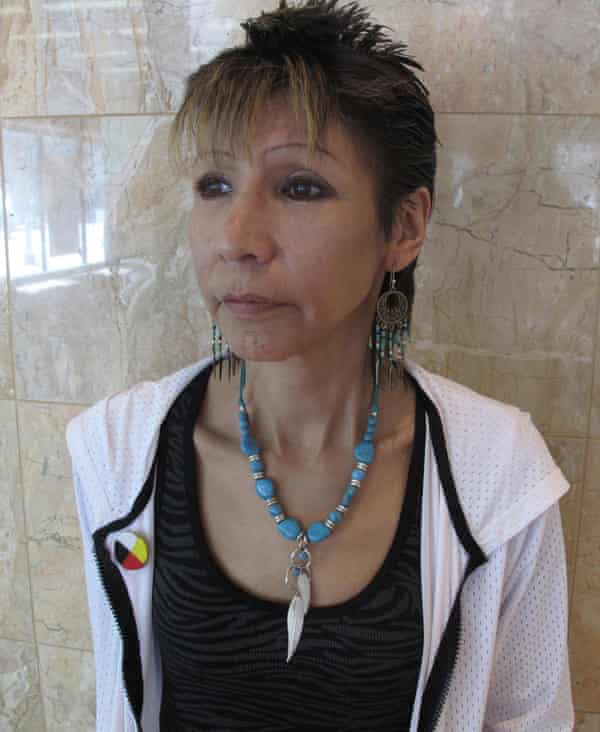I could scream at your display of ignorance and pompous ignoring of the facts. it was ongoing in the 70's. maybe if some of you Americans did not think you were the only people in the world who matter, you would actually make an attempt to inform youselves.
do you even know where Canada is?
Sue Caribou contracts pneumonia once a year, like clockwork. The recurring illness stems from her childhood years at one of Canada’s horrific residential schools. “I was thrown into a cold shower every night, sometimes after being raped”, the frail 50-year-old indigenous mother of six said, matter-of-factly.
Caribou was snatched from her parents’ house in 1972 by the state-funded, church-run Indian Residential School system that brutally attempted to assimilate native children for over a century. She was only seven years old. “We had to stand like soldiers while singing the national anthem, otherwise, we would be beaten up”, she recalled.
denial sent millions of Jews and other ethnicities to the gas chambers. but that's just history I guess. come to think of it, many don't believe that happened either
ARTICLE
Caribou said Catholic missionaries physically and sexually abused her until 1979 at the Guy Hill institution, in the east of the province of Manitoba. She said she was called a “dog”, was forced to eat rotten vegetables and was forbidden to speak her native language of Cree.
“I vowed to myself that if I ever get out alive of that horrible place, I would speak up and fight for our rights”, she said.
Sue Caribou said Catholic missionaries abused her until 1979 at the Guy Hill institution.
Her voice and that of 150,000 other residential school pupils was finally heard across the nation this week as Canada faced one of the darkest chapters in its history. The head of the Truth and Reconciliation Commission (TRC), set up to examine the school system’s legacy, did not mince his words when he unveiled his landmark report. “Canada clearly participated in a period of
cultural genocide”, declared Justice Murray Sinclair to cries and applause of survivors in Ottawa. Although prime minister
Stephen Harper apologised for the school system in 2008 (as did the Roman Catholic Church in 2009), his government has always denied that it was a form of genocide.
Many survivors who gathered in Ottawa felt empowered for the first time in their life after hearing findings of the six-year-long commission.
“It feels like our story is validated at last and is out there for the world to see”, said a tearful 58 year-old Cindy Tom-Lindley, who is executive director of the Indian Residential School Survivor Society in British Columbia. “We were too scared as children to speak out. So to give our testimonies to the commission was liberating and emotional.”
As many as 6,000 children died in residential institutions, which ran from 1876 to 1996.
The accurate figure could be much higher however, since the government stopped recording aboriginal students’ deaths in 1920 in light of the alarming statistics. Caribou believes that dozens of pupils perished at the institution where she was detained. “Remains were found all over the fields. But numbers do not reflect the reality. Many of my friends committed suicide after their release”, said Caribou, who said she was frustrated that an inquiry did not take place twenty years ago, after the last of the residential schools closed

